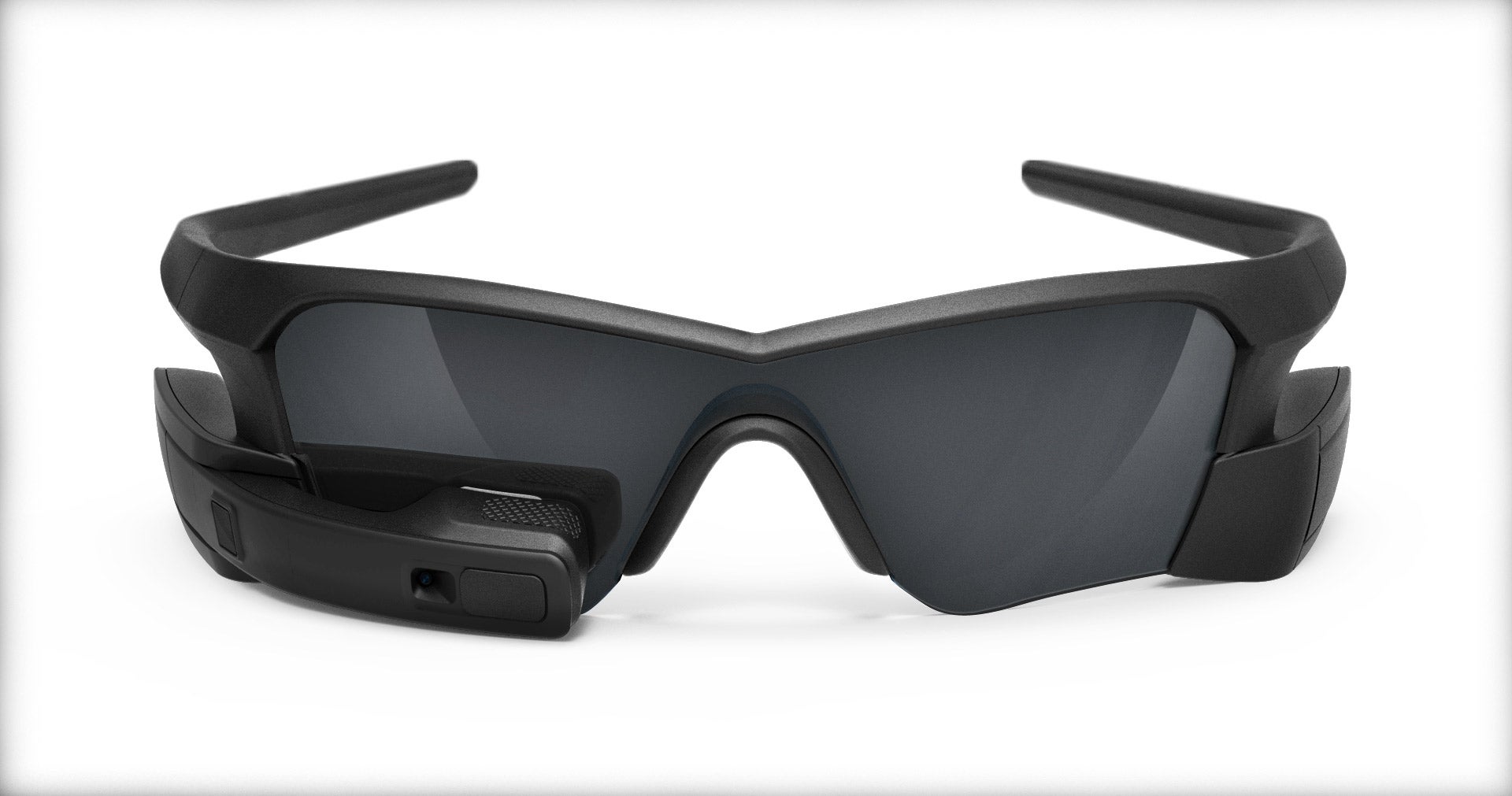Before Google Glass, There Was Transcend

Opinions expressed by Entrepreneur contributors are their own.
What happens when a corporate behemoth suddenly enters your small company’s product space? One startup recently found out.
Long before Google Glass came on the scene, there was Transcend. Released by Canadian company Recon Instruments in 2010, the ski goggles used Heads-Up Display (HUD) technology, which projects data and graphics directly on the inside of the goggles, to provide real-time performance analysis to skiers and snowboarders on the slopes. Using a built-in GPS, the goggles calculate speed, elevation, airtime and navigation. The data is displayed on a small screen on the outer edge of a skier’s peripheral vision. The goggles, priced at $399 to $499, can also work in tandem with a separate device to record video and connect to the internet. While HUD technology had long been used by the military, Transcend was one of the first such products that was available to consumers.
Founded in 2006, Recon has been a major player in the web-enabled eyewear space for the last few years, releasing several new iterations. For example, last November it released Engage, which allows users to share their ski routes on their social networks. The business has steadily grown from 13 employees in 2010 to 42 employees today. Since the company’s inception, Recon has sold over 45,000 pairs of glasses.
And then last year Google Glass was announced, and the game changed dramatically. The tech giant’s computerized glasses are currently in beta testing and will be sold for $1500. Recon went from having very little competition to competing with Google.
But Tom Fowler, Recon’s chief marketing officer is surprisingly cheerful about this development. With Google in the space, he says Recon can piggyback off the enormous exposure Google Glass has generated for wearable technology, while crafting a more focused message about its own products and how they are used within their niche markets.

Fowler outlines how a major player entering your market can be used to your advantage:
Capitalize on the increased exposure.
Up until the announcement of Google Glass, most people were simply unaware of HUD devices. Fowler quickly realized that the buzz generated by Google Glass’s launch could actually help Recon. Google has the promotional dollars that Recon, as a small company, doesn’t. “They have deep pockets and the best marketers out there,” Fowler says.
Thanks to Google Glass, the world now understands what Recon products do, he says. With a more informed audience, “we can much more efficiently carve out our niche segment of the HUD market,” says Fowler.

Underscore the differences between your products.
With the heaps of publicity surrounding Google Glass and its capabilities, Recon is focused on differentiating its brand. Its products, which include HUD snow goggles and sunglasses built for cyclists, are made for serious athletes and intense activity. Meanwhile, Google Glass is made for general, everyday use, Fowler explains. Recon emphasizes the durability of its eyewear and customized features tailor-made for particular sports. For example, its Jet sunglasses are made for cyclists and measure the user’s heart rate, speed and location and function in all weather conditions.
“It’s about highlighting the truly magical intersection between what they’re doing and what we’re doing,” says Fowler. “Although we’re in the same product category space, there are profound differences in our approaches to Heads-Up Display.”
To distinguish the two, Fowler makes sure that promotional videos for Recon products always emphasize this difference, focusing on extreme-sports scenarios like alpine skiing, skydiving and competitive cycling.
Make yourself the recognized expert in your niche.
Because Recon’s edge is building custom-made products for extreme sports, it’s important that it has “people here on our staff that have deep subject-matter expertise,” Fowler says.
Fowler, who has trained professionally as a triathlete, understands the features professional cyclists will respond to. He encourages this kind of deep personal knowledge in all staff members, from software developers to programmers and product managers.
With a company culture built around athletics, Recon recruits staff that are passionate about extreme sports and encourages employee participation in outings like heli-skiing, skydiving and extreme mountain biking.
What happens when a corporate behemoth suddenly enters your small company’s product space? One startup recently found out.
Long before Google Glass came on the scene, there was Transcend. Released by Canadian company Recon Instruments in 2010, the ski goggles used Heads-Up Display (HUD) technology, which projects data and graphics directly on the inside of the goggles, to provide real-time performance analysis to skiers and snowboarders on the slopes. Using a built-in GPS, the goggles calculate speed, elevation, airtime and navigation. The data is displayed on a small screen on the outer edge of a skier’s peripheral vision. The goggles, priced at $399 to $499, can also work in tandem with a separate device to record video and connect to the internet. While HUD technology had long been used by the military, Transcend was one of the first such products that was available to consumers.
Founded in 2006, Recon has been a major player in the web-enabled eyewear space for the last few years, releasing several new iterations. For example, last November it released Engage, which allows users to share their ski routes on their social networks. The business has steadily grown from 13 employees in 2010 to 42 employees today. Since the company’s inception, Recon has sold over 45,000 pairs of glasses.





